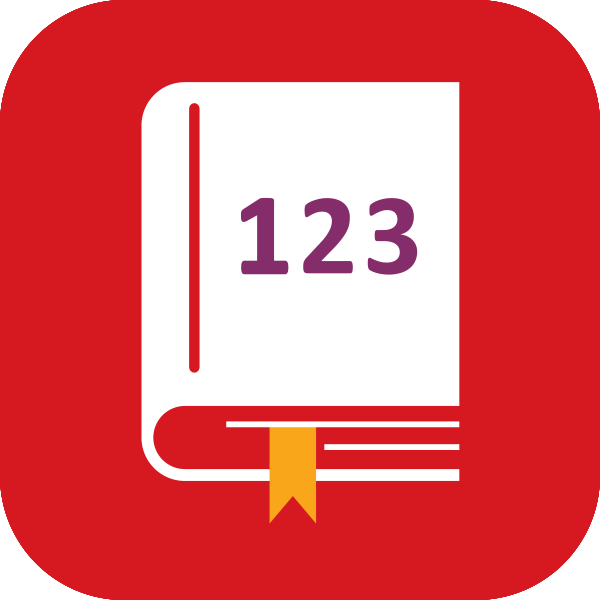How are teachers supposed to address maths anxiety, deal with a content-heavy curriculum and drive maths mastery? Education Specialist Andy Small explains how it doesn’t have to be mission impossible.
“It’s a mindset – even very young children will say, ‘I’m rubbish at maths. My daddy’s rubbish at maths, my mummy was rubbish at maths and so was my granny, and that’s why I’m rubbish at maths’,” explains Catherine Magee, Vice-Principal of St Bernard’s Primary School in Belfast. “It’s unbelievable that even the youngest children will say this.”
Teaching maths isn’t short of challenges, but the attitude described by Catherine is one of the greatest – indeed three-fifths of teachers according to one poll believe maths anxiety is the biggest obstacle to learning the subject. Between a fifth and a third of students are generally thought to experience maths anxiety and one or two in a typical class of 30 will have ‘number dyslexia’ or dyscalculia. Other studies suggest maths anxiety isn’t confined to students – teachers too are susceptible, which has obvious implications when maths content is often delivered by non-specialists.
Another obvious challenge is the sheer amount of content teachers are expected to cover. The maths curriculum at primary and secondary is rammed – so it’s not surprising there is a temptation to race through it to ensure every element has been ticked off before year end, which invariably means some children won’t fully grasp a concept before the class moves on to the next.
That presents the teacher with an unenviable dilemma. How can they meet the demands of the curriculum while also providing sufficient support to those children who need additional time and input?
Addressing anxiety, building confidence
No quick fix can resolve all the trade-offs inherent in a high-stakes system that has to carefully calibrate resources to meet a variety of needs. But asking the right questions will help teachers prioritise and develop a strategy that should satisfy curriculum demands, ease their workload and meet differing student needs. For instance:
- How do you assess and monitor what’s happening in the class and across the school? The aim isn’t only to identify areas of strength and expose student misconceptions; you also need to be able to demonstrate progress year-on-year
- What do you do to support children who are struggling? This involves understanding every learner’s potentially spiky maths profile, complementing it with personal insights into students’ respective needs and adapting teaching and learning in response
- What do staff and children at your school think about maths? If you have many children like Catherine’s who think they’re destined to be ‘rubbish at maths’, what can you do to foster a culture of enjoyment of maths that promotes engaging content and seeks to develop resilient, curious mathematicians?
Assessing reliably
Accurate assessment is a necessary first step. We have a series of tests – New Group Maths Test (NGMT), Star Maths, Progress Test in Maths (PTM) – that provide a comprehensive suite of robust and reliable assessments.
The New Group Maths Test is an adaptive, termly assessment, suitable for all abilities, which provides a deep dive into student abilities and which can identify and respond to maths potential and any barriers to learning. Star Maths is a complementary, shorter evaluation that can be completed when needed and provides teachers with a quick ‘temperature check’, while the Progress Test in Maths is designed to monitor student progress in maths at class, cohort and school level over time and to allow schools to evaluate the success of curriculum implementation.
Armed with robust and reliable data for every child, teachers can use it to complement professional insights and make the necessary adjustments to their teaching.
Focusing on Focus Skills™
But what tools can teachers use not only to help students master key concepts but also to nurture curiosity and engage students to the point where they attain maths fluency? Or, put another way, how can teachers deliver manageable success at scale, ensuring that all students, regardless of attainment, are able to make progress?
This is where Freckle, our personalised maths practice programme, with its emphasis on Focus Skills™ comes in. To ensure children acquire maths mastery, they need to understand and become proficient in the building blocks of student learning – focus skills. As Catherine explains, “Think of Focus Skills as the cement and think of learning as the bricks. Focus Skills help to plug the gaps, they help to consolidate learning before you put further bricks on top, they help to create steady foundations.”
Freckle uses each individual student’s assessment to set and adjust the difficulty of the maths content they’re shown. Students practise at their own pace, but teachers are able to set work for groups or target specific areas appropriate for individual students where necessary.
Empowering learners at every stage
At Renaissance, we believe that every student deserves the opportunity to develop their numeracy and maths skills to their fullest potential.
Our assessments and teaching and learning tools ensure teachers have what they need to drive mastery, engage learners and build critical thinking and problem-solving skills. By providing you with robust, reliable data and engaging resources, we want to help you to ignite young minds and inspire the next generation of STEM students.




